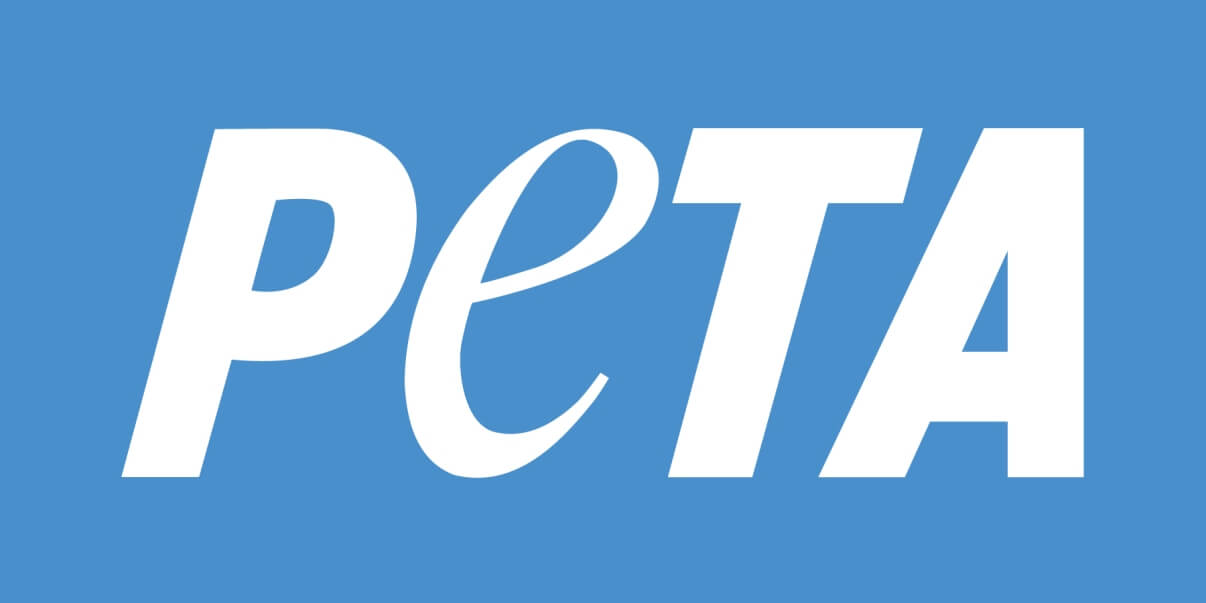People for the Ethical Treatment of Animals is still working despite the COVID-19 threat.
The organization said in a statement its field workers are taking every precaution recommended by health authorities, including practicing social distancing, wearing gloves, frequently washing their hands, and disinfecting surfaces often, while tending to animals in distress.
"Animals aren't exempt from times of crisis," says PETA Senior Vice President Daphna Nachminovitch. "As long as there are dogs and cats and other animals in our community who depend on us for basic necessities of life, such as food, water, shelter, and urgent veterinary care, PETA will do all it can to help them."
-
 Click to open image!
Click to open image!
Click to open image!
Click to open image!
-
 Click to open image!
Click to open image!
Click to open image!
Click to open image!
-
 Click to open image!
Click to open image!
Click to open image!
Click to open image!
-
 Click to open image!
Click to open image!
Click to open image!
Click to open image!
-
 Click to open image!
Click to open image!
Click to open image!
Click to open image!
-
 Click to open image!
Click to open image!
Click to open image!
Click to open image!
-
 Click to open image!
Click to open image!
Click to open image!
Click to open image!
https://www.rrspin.com/news/2543-peta-continues-work-offers-tips-on-pet-care-during-covid-threat.html#sigProId3c6a0c071c
In Halifax County, PETA found Mary Puppins tied to an overturned garbage can.
Her owner agreed to let PETA take her, and she was transferred to its local placement partner, the Virginia Beach SPCA, where she awaits a loving home.
In Northampton County, PETA replaced Boss' dilapidated shelter with a sturdy wooden doghouse.
In Bertie County, PETA transported Princessa to and from her free spay appointment on the organization’s mobile clinic.
PETA offers the following tips for keeping animal companions safe during the COVID-19 outbreak:
Never put face masks on animals, as they can cause breathing difficulties.
Allow animals to move about your home normally — don't cage or crate them.
People who are sick or under medical attention for COVID-19 should avoid close contact with animals and have another member of their household care for animals so as not to get the virus on their fur.
The coronavirus can be left on animals' fur, just as it can remain on a doorknob, a handrail, another human hand, or any other surface that an infected person has touched.
Don't stockpile unnecessarily as this could result in shortages for others — but do plan ahead and ensure that you have adequate food and medicine, if needed, for your animal companions — approximately two to three weeks' worth.
Assist neighbors who may not be able to shop for their animal companions and donate companion-animal food to food banks.








